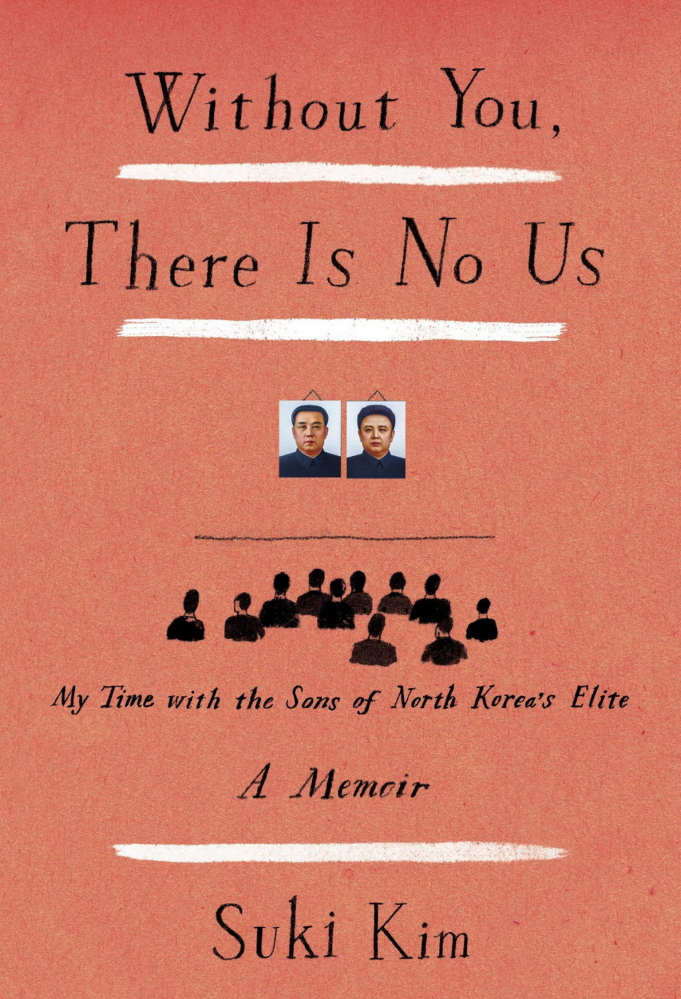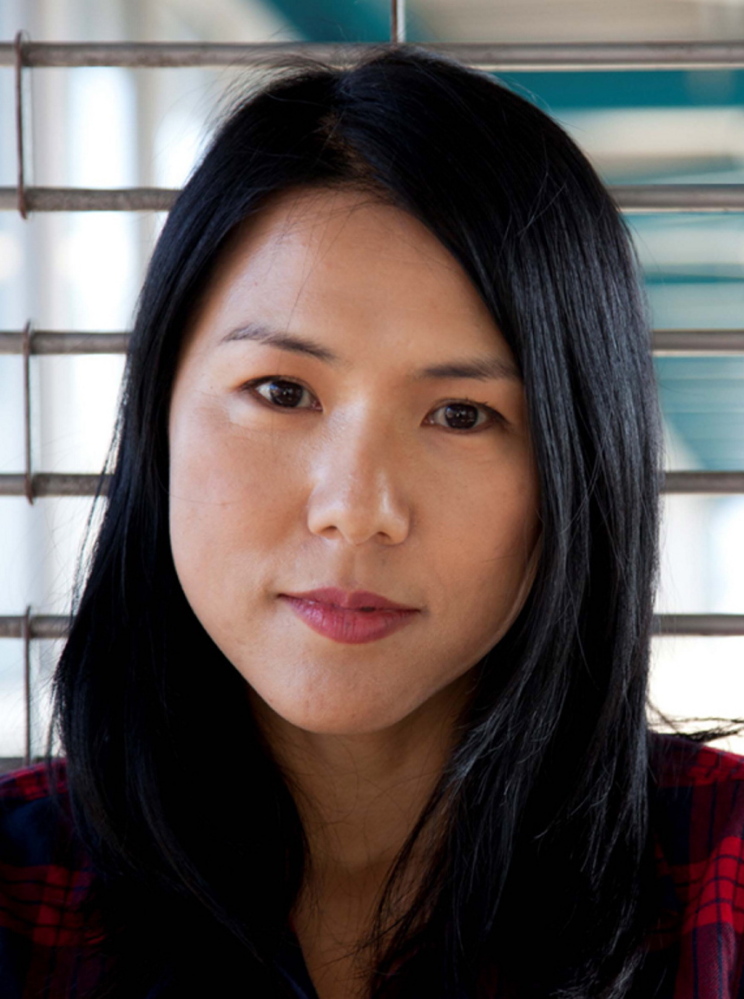One of the best things about Suki Kim’s new book is that, in many ways, it’s a book within a book.
On one level it’s a straightforward story of her time teaching English to the sons of North Korea’s elite, during what turned out to be the last six months of Kim Jong Il’s reign. On another level, “Without You, There Is No Us” is a book about censorship, trust, fear, love and truth, seen through the prism of a school that functions as a comfortable prison.
“There was no mercy here,” Kim writes. It’s a description of Pyongyang University of Science and Technology, known as PUST, but is also something that can be true of a family, a relationship, or even a workplace.
The book, which will fascinate people interested in North Korea, is full of comparable dual observations.
Kim, a Korean American novelist and journalist, arrives in North Korea in 2011, when all the universities in the country have been closed and the students sent to work on construction sites. The 270 privileged young men at PUST are spared.
Readers learn that Kim hasn’t been open about her intentions, a non-Christian among Christian faculty who may teach but not proselytize. Since the book’s publication, the Christian group leaders have criticized Kim for breaking a promise not to write about her experience. Kim secretly took notes, as she and other faculty were constantly watched.
At times in the book, it’s hard to tell whether the North Koreans or the Christians are more rigid in their beliefs. Kim loves her students – who lie constantly and easily, who accept surveillance as a given, who are taught above all else to hate South Koreans and Americans.
Kim asks them if they could they be friends with someone from an enemy country. “No!” the students shout.
What about her? “You are different,” they answer, “because you are our teacher.”
Any attempt to correct the students’ belief of blatantly erroneous information could be dangerous. So the teachers stay quiet, lest “the counterparts” – a name that seems straight from Orwell – shut down the program. The teachers don’t reveal the truth: that the world does not envy the kimchi of North Korea, that other countries have reliable electric grids, that other people enjoy routine access to something called the Internet.
“The nationalism that had been instilled in them for so many generations had produced a citizenry whose ego was so fragile that they refused to acknowledge the rest of the world,” Kim writes. The portrayal of this starving, backward, isolated nation provokes more than anger.
The title comes from a song the students sing in honor of “The Dear Leader,” including the lyric, “Without you, there is no us.” Within that title, and this book, is a multitude of truths.
Send questions/comments to the editors.




Success. Please wait for the page to reload. If the page does not reload within 5 seconds, please refresh the page.
Enter your email and password to access comments.
Hi, to comment on stories you must . This profile is in addition to your subscription and website login.
Already have a commenting profile? .
Invalid username/password.
Please check your email to confirm and complete your registration.
Only subscribers are eligible to post comments. Please subscribe or login first for digital access. Here’s why.
Use the form below to reset your password. When you've submitted your account email, we will send an email with a reset code.